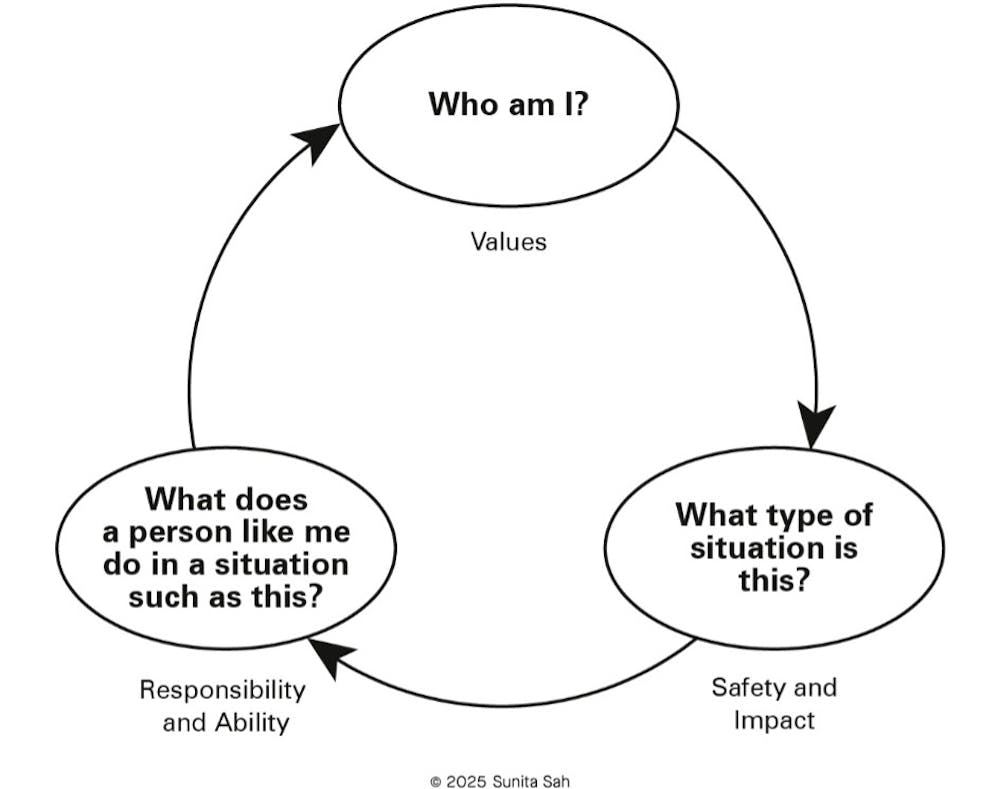Compliance—going along with a request or instruction—often feels like the human default. Whether it’s agreeing with a colleague’s flawed proposal or remaining silent when a boss suggests something unethical, the pressure to conform is immense, often overriding our personal values. However, defying authority or resisting pressure isn’t about being a rebel or possessing a fixed personality trait; it is a practice and a skill that can be learned and strengthened. Psychological research reveals that our reluctance to defy is frequently driven by a specific anxiety about being perceived as untrustworthy. By understanding this core fear and adopting a simple framework anchored in personal values, individuals can make conscious choices to act with integrity and build the crucial muscle of defiance.
The Hidden Engine of Compliance: Insinuation Anxiety
The power of social conformity to overcome personal conviction has been famously demonstrated by classic experiments like the Milgram Shock Experiment, where a significant percentage of participants obeyed an authority figure even when it meant administering what they believed were harmful electric shocks. This deep-seated human tendency to comply is often explained by an aversion to conflict and a desire to avoid being seen as difficult or oppositional.

However, research has identified a more specific psychological force driving this behavior: insinuation anxiety. This anxiety arises when people worry that their non-compliance will be interpreted by the requester as a signal of distrust. For example, if a financial adviser recommends a risky investment, voicing doubt may feel like you are subtly implying they are incompetent or dishonest. To avoid that uncomfortable, socially awkward insinuation, people often comply, even when the advice contradicts their better judgment or personal values.
This social pressure is so strong that studies have shown surprisingly high levels of compliance with obviously flawed advice, even when there are no tangible consequences for disagreeing. The discomfort of an awkward social interaction or the fear of damaging a relationship often outweighs the desire to protect one’s own integrity or financial well-being.
Defiance as a Practice, Not a Personality Trait
When most people think of defiance, they picture loud protests or rebellious teenagers. However, the most vital acts of defiance are often quiet, strategic, and focused on acting in line with one’s values when under pressure to do otherwise. In this context, defiance is not an inherent trait that some people are born with, but a skill—a muscle that can be consciously built over time.

This practice requires actively recognizing when one’s values are at stake and pausing before defaulting to compliance. In many professional or social settings, the pressure to conform can be overwhelming, leading to a silent acceptance that makes one complicit in questionable decisions. By viewing defiance as a conscious choice—a strategic tool rather than a confrontational outburst—one can better manage the fear of being seen as “difficult.”
The act of defiance doesn’t always have to be a loud rejection. It can manifest as asking a clarifying question, quietly refusing to participate in a task, or simply buying time to consider the moral implications. The key to developing this skill is to break the habit of instantaneous, unthinking compliance and to anchor every choice in a deliberate commitment to personal ethics.
The Defiance Compass: A Framework for Strategic Resistance
If compliance is the human default, building the muscle of defiance requires a practical roadmap. The Defiance Compass is a simple, actionable guide designed to orient an individual in difficult, high-pressure situations by focusing on three critical questions:
1. Who Am I?
This is the internal compass check. It requires clearly identifying the core values that matter most to the individual (e.g., integrity, transparency, justice, or safety). When faced with a request that feels wrong, the immediate question should be: Does this action align with the person I want to be? Anchoring one’s decision in a clearly defined personal value system provides the moral clarity necessary to resist external pressure.

2. What Type of Situation Is This?
This question involves an external assessment of the context. It forces the individual to evaluate the situation realistically: Is it safe to resist? Will resisting have a positive impact? Sometimes, defiance may need to be a long-term strategy, delayed until a safer or more impactful opportunity arises. This strategic thinking transforms resistance from an emotional reaction into a calculated, effective action.
3. What Does a Person Like Me Do in a Situation Like This?
This is the synthesis question, linking values to action. It moves beyond simply analyzing the immediate pressure and prompts the individual to envision the ideal self in that moment. Framing the choice in terms of identity (“A person of integrity refuses to sign this document”) makes the correct path less about conflict with others and more about internal consistency and self-respect.
Protecting Integrity and Sustaining Institutions

Learning to defy strategically is essential not only for protecting personal integrity but also for strengthening institutions and supporting a functional democracy. When individuals at all levels of an organization or society comply with unethical or harmful directives, the system itself degrades. The cumulative effect of small, silent compliances enables larger, systemic failures.
Defiance offers a powerful corrective force. It provides the necessary friction that can slow down questionable decisions and force transparent consideration. This practice doesn’t require confrontation or loudness; it demands awareness, the ability to pause, and the courage to choose actions that reflect one’s chosen identity. By practicing defiance—starting with small, low-stakes opportunities—and modeling it for others, people can envision and help create a world where ethical action is the default, not the exception.




